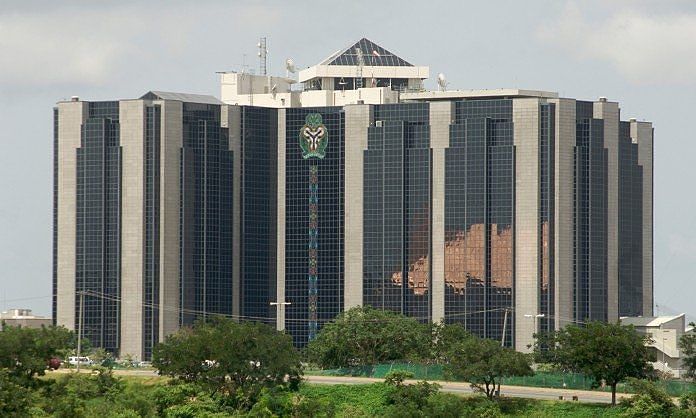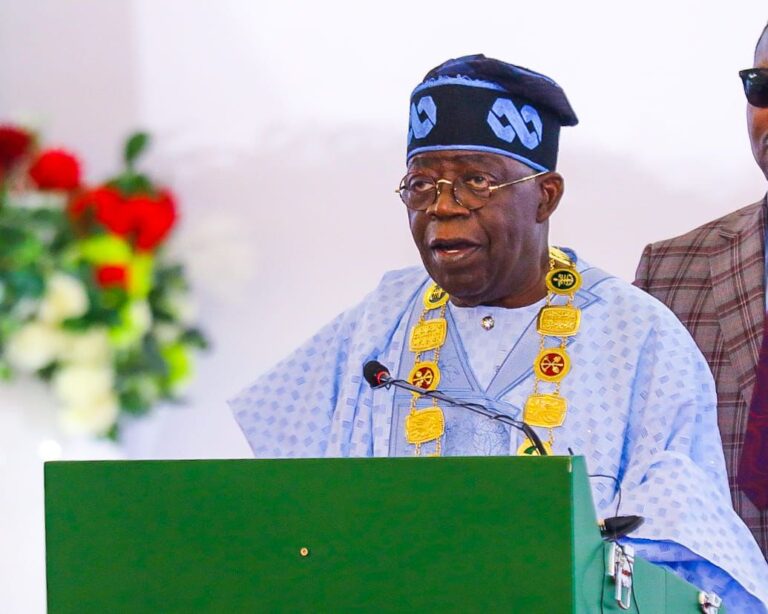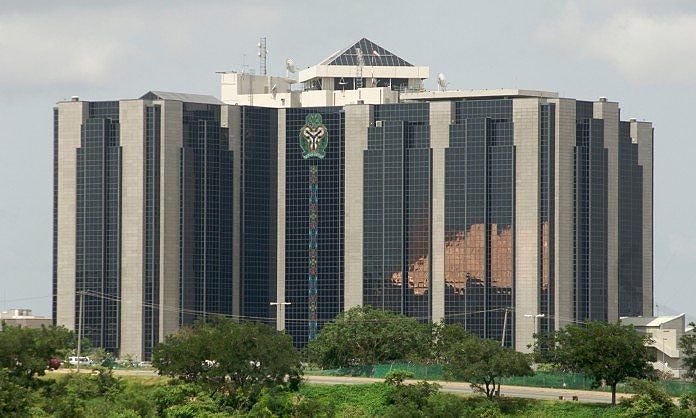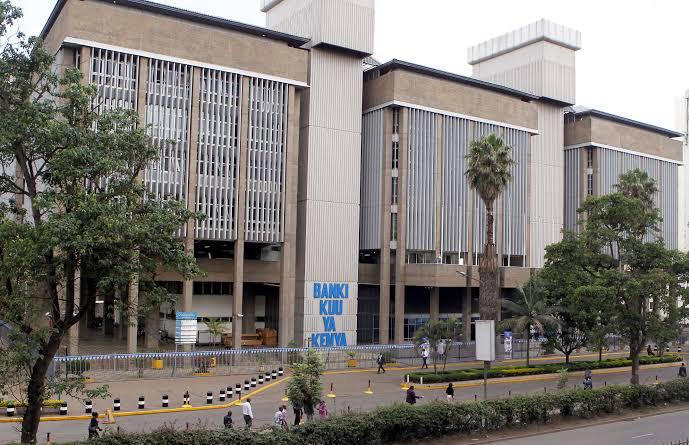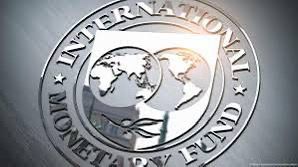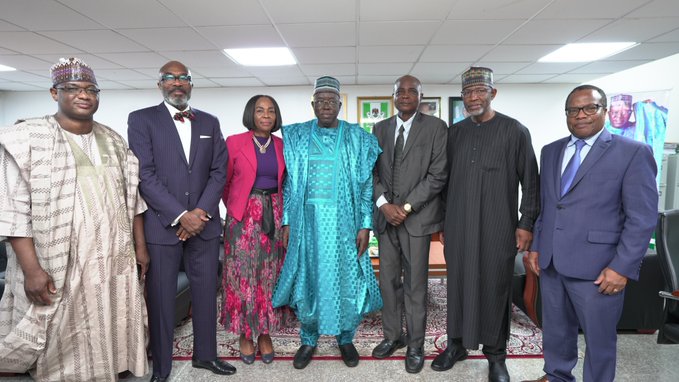The Central Bank of Nigeria (CBN) has strongly refuted media reports alleging that it directly disbursed $1.259 billion to oil sector operators for the importation of refined petroleum products in the first quarter (Q1) of 2025.
According to a recent statement, the apex bank clarified that the substantial figure represents the total foreign exchange (FX) transactions conducted by market participants within the Nigerian Foreign Exchange Market (NFEM) and does not signify a specific CBN intervention.
Reports began circulating earlier this week suggesting a direct injection of funds by the CBN to major oil firms, based on the bank’s official Q1 2025 Sectoral Utilisation of Foreign Exchange data.
In a statement released on Tuesday, the CBN’s spokesperson, Mrs. Hakama Sidi Ali, described the claims of direct disbursement as “entirely inaccurate and misleading.”
The CBN’s swift clarification comes as the Nigerian economy continues to navigate the structural adjustments initiated by the 2023 exchange rate unification policy. This shift was designed to remove market distortions, curb arbitrage, and promote efficient price discovery through a single exchange rate determined by market forces (the “willing buyer, willing seller” principle).
While the policy has faced short-term challenges, including significant Naira depreciation and higher domestic inflation, it is fundamentally aimed at improving long-term FX liquidity and attracting Foreign Direct Investment (FDI) by boosting investor confidence in the transparency of the financial system. The CBN’s assertion that the Q1 transactions were market-driven is a direct reinforcement of this reform agenda.

Mrs. Ali explained that the $1.259 billion figure merely captures the aggregate utilisation by authorized dealers and end-users who sourced foreign exchange independently through the NFEM, adhering to existing regulations.
“The referenced figure of $1.259 billion, as published in the CBN’s Q1 2025 Sectoral Utilisation of Foreign Exchange data, does not represent CBN disbursements,” the statement clarified. “The figure reflects total foreign exchange transactions conducted by participants in the Nigerian Foreign Exchange Market (NFEM) across various sectors—including oil and gas—under the willing buyer, willing seller framework.”
The $1.259 billion FX utilization in the oil and gas sector for Q1 2025 also provides a crucial insight into Nigeria’s changing import landscape. Foreign trade statistics from the National Bureau of Statistics (NBS) reveal a structural shift driven by the new Dangote Petroleum Refinery.
The refinery’s production scale-up in early 2025 contributed to a massive 54 percent year-on-year drop in the country’s refined petroleum motor spirit (PMS) import bill for Q1 2025. This means that while oil marketers utilized foreign exchange via the NFEM, the demand for FX to import finished petrol is demonstrably decreasing as domestic refining displaces foreign supply.
The spokesperson emphasized that since the unification of exchange rates in 2023, the NFEM has operated as a market-driven system where FX is sourced and supplied by market participants, not allocated by the CBN.

“Accordingly, the Bank has not sold foreign exchange specifically for the importation of refined petroleum nor any other products,” Mrs. Ali stressed, reinforcing the policy shift away from direct intervention in the market.
Meanwhile,the NFEM recorded a net FX inflow of $15.20 billion in Q1 2025, suggesting market liquidity is strong enough to handle such transactions without CBN intervention.



